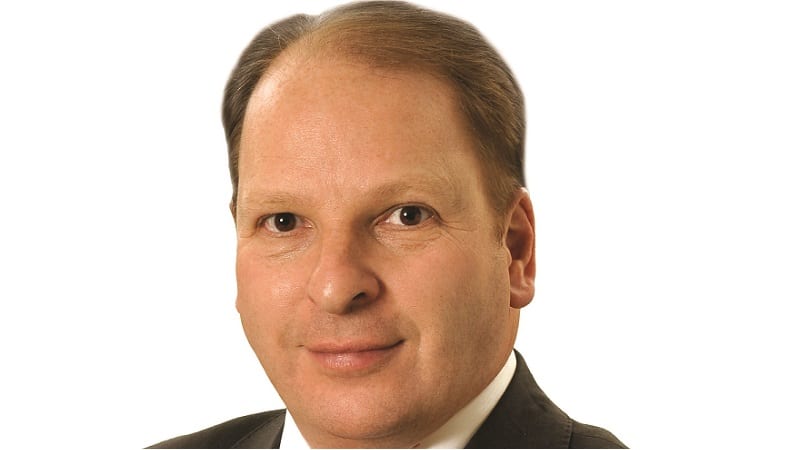The funds industry may be left scrambling to re-establish relationships severed by an increasingly intermediated market as the end of quantitative easing brings volatility back to markets, although professional investors are split on the importance of those relationships in the fund selection process.
While some fund investors believe it is important to establish trust with the teams they’re investing in, others warn against relationships clouding investment decisions.
BMO Gam multi-manager co-head Gary Potter says relationships have been severed in the period following the financial crisis due to a market rally fueled by quantitative easing and billions of pounds of liquidity. But he reckons as central bank policy tightens, advisers may seek to re-establish relationships that were lost as a result of the resulting rise in passive investing, plus platform intermediation.
“The platform involvement – me being able to buy a fund without speaking to a representative – has changed those relationships, whereas before, 10 to 15 years ago, you’d have the Schroders or Artemis representative on the phone, a meeting and more.”
Advisers becoming further removed from asset managers
Aggregators buying up financial advice firms have added to the distance between advisers and fund houses, Potter says.
“The small IFA group that’s been bought up are now increasingly having to follow the guidelines or the recommendations of that aggregator, and increasingly, it’s my perception, that this is more heavily biased towards low cost,” he says of the shift away from active managers.
Nextwealth managing director Heather Hopkins argues the retail distribution review (RDR) in 2012 did more to disrupt intermediary relationships with asset managers than any technology change. “The end of trail commissions from fund houses to advisers changed the dynamics dramatically. We have seen a rise of centralised investment propositions where a shrinking number of people are picking funds.”
“Platforms have facilitated the CIP but the root cause was the RDR rather than the emergence of platforms.”
Fund houses respond to intermediation
In many cases, fund houses don’t even know who the end buyers in their funds are, says Bella Caridade-Ferreira, CEO at Fundscape.
“It means the fund manager has to be creative when it comes to updating advisers and end clients,” Caridade-Ferreira says. “For example, putting out information across multiple channels, writing blogs, holding webinars or conference calls that people can call into is how you circumvent the gap.”
“In volatile times, good old fashioned techniques like roping in every qualified member of staff to proactively phone intermediaries will work wonders — a well managed process can keep the wolves from the door.”
Relationships vs the ‘cult of personality’
BMO Gam don’t buy products, but people, says Potter. “We have tremendously good relationships with the people that we invest with, they trust us, we trust them. Once you’ve lost those relationships, it’s very hard to get them back, for example, if you’ve sold an active to buy a tracker.”
Adrian Lowcock, head of personal investing at Willis Owen, agrees it is important to understand a team’s investment process, behaviour and thought process. “It certainly helps if you know the manager during underperformance as this is when you get to know their character best.”
However, Ryan Hughes, head of active portfolios at AJ Bell warns the “cult of the personality” could leave investors blinded to emerging problems with a fund. “In our investment approach, we don’t pay too much attention to the brand of the manager, much preferring to ensure that we have a solid understanding of their philosophy and process and understand where their edge is, if any.”
Although, Hughes reckons the cult of the star manager may not perhaps be quite as strong it has been historically.
“The old adage of not falling in love with your investments, or your fund managers, metaphorically speaking of course, is just as true today as it has been in the past.”
Hughes says some investors may be more comfortable investing with proven individuals, noting Richard Buxton, Nigel Thomas, Richard Woolnough and Terry Smith all still have a certain attraction associated with their names. For other investors, seeking out the “next star name” may be where the attraction lies, he says.
Darius McDermott, managing director at Chelsea Financial Services, says performance brings intermediary attention to fund managers. “What then tends to happen is when performance is strong you tend to get increased sales and marketing behind a fund and the manager.”
“Fund managers with strong personal brands can get more loyalty from some advisers but that is not necessarily a bad thing.”










